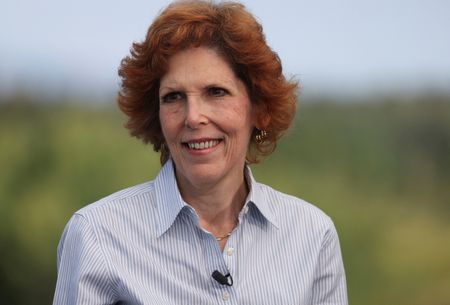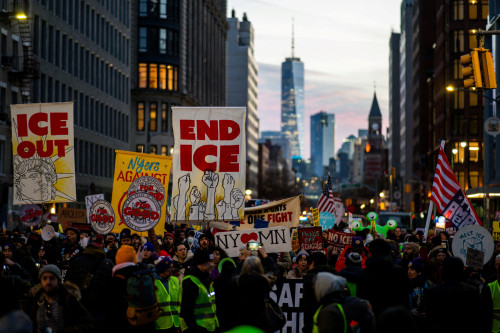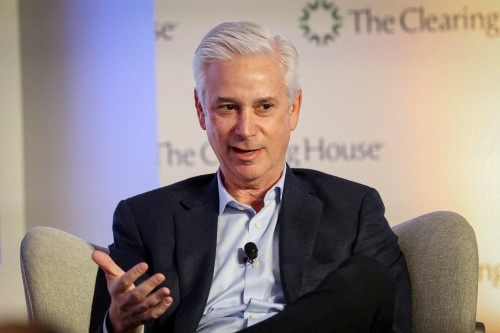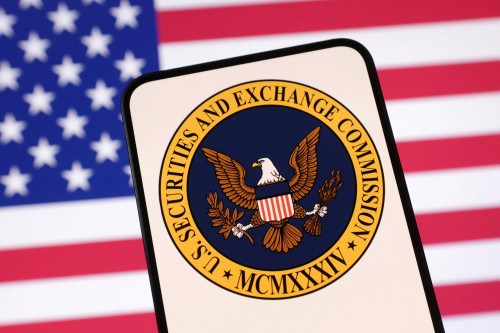By Ann Saphir and Howard Schneider
JACKSON HOLE, WYOMING (Reuters) – Beating inflation will probably require one more U.S. interest-rate hike and then going on hold for “a while,” Cleveland Federal Reserve Bank Loretta Mester said on Saturday, adding that she may reassess her earlier view that rate cuts could start in late 2024.
While she does not want policy so tight that the economy collapses, she told Reuters in an interview on the sidelines of a Fed conference in Jackson Hole, Wyoming, she wants to set it so that inflation reaches the Fed’s 2% goal by the end of 2025.
“We just don’t want it to keep drifting farther out,” she said. Not only do fast-rising prices impose a high cost on Americans, she said; allowing inflation to fester also leaves the economy more vulnerable to future shock.
“The longer we let inflation remain above 2%, we’re building in a higher and higher price level,” she said, and that hurts American households. “And I think that’s why timely matters to me.”
Most Fed policymakers, including Mester, thought in June that they will probably be able to stop hiking once they get the policy rate to the 5.5%-5.75% range, which is one quarter-point higher than it is today.
They also thought that by next year the Fed will likely begin cutting rates so that as inflation falls, they do not end up restricting the economy more than is needed.
Mester said on Saturday that in June she also had penciled in rate cuts in the second half of 2024, but that when she and other Fed policymakers submit fresh forecasts ahead of their September rate-setting meeting, that might change.
“I’m going to have to reassess that because, again, it’s going to be, how quickly do you think inflation is moving down?” she said.
Economic growth has been more robust than many have expected, and the labor market is still tight, and Mester does believe that the Fed’s rate hikes so far will moderate the strength of both.
Still, she is wary of assuming that inflation, having dropped to 3% from its peak last year of 7%, will get back down to 2% in a timely enough manner.
“I do not want to be in a position of prematurely loosening policy,” Mester said.
Fed projections submitted in June show a median forecast for 2.1% inflation by the end of 2025; Mester said hers was for 2% inflation. Forecasts submitted in September will show what they expect through 2026.
As she runs the numbers for her own September forecasts, she said, getting to 2% inflation by the end of 2025 is not a “hard stop” and she could conceivably push it out if looks like doing so would hurt the economy too much.
But that is not what she expects at this point.
“Given where we are and given where inflation is, I think we have a good shot about bringing inflation down to 2% without doing damage to the real side of the economy,” Mester said.
“I’m going to calibrate my policy to make sure that we’re back in that time frame (of 2% inflation by 2025).”
The Fed’s next and possibly last rate hike “doesn’t necessarily have to be September, but I think this year,” she said.
(Reporting by Ann Saphir; Editing by Marguerita Choy)




